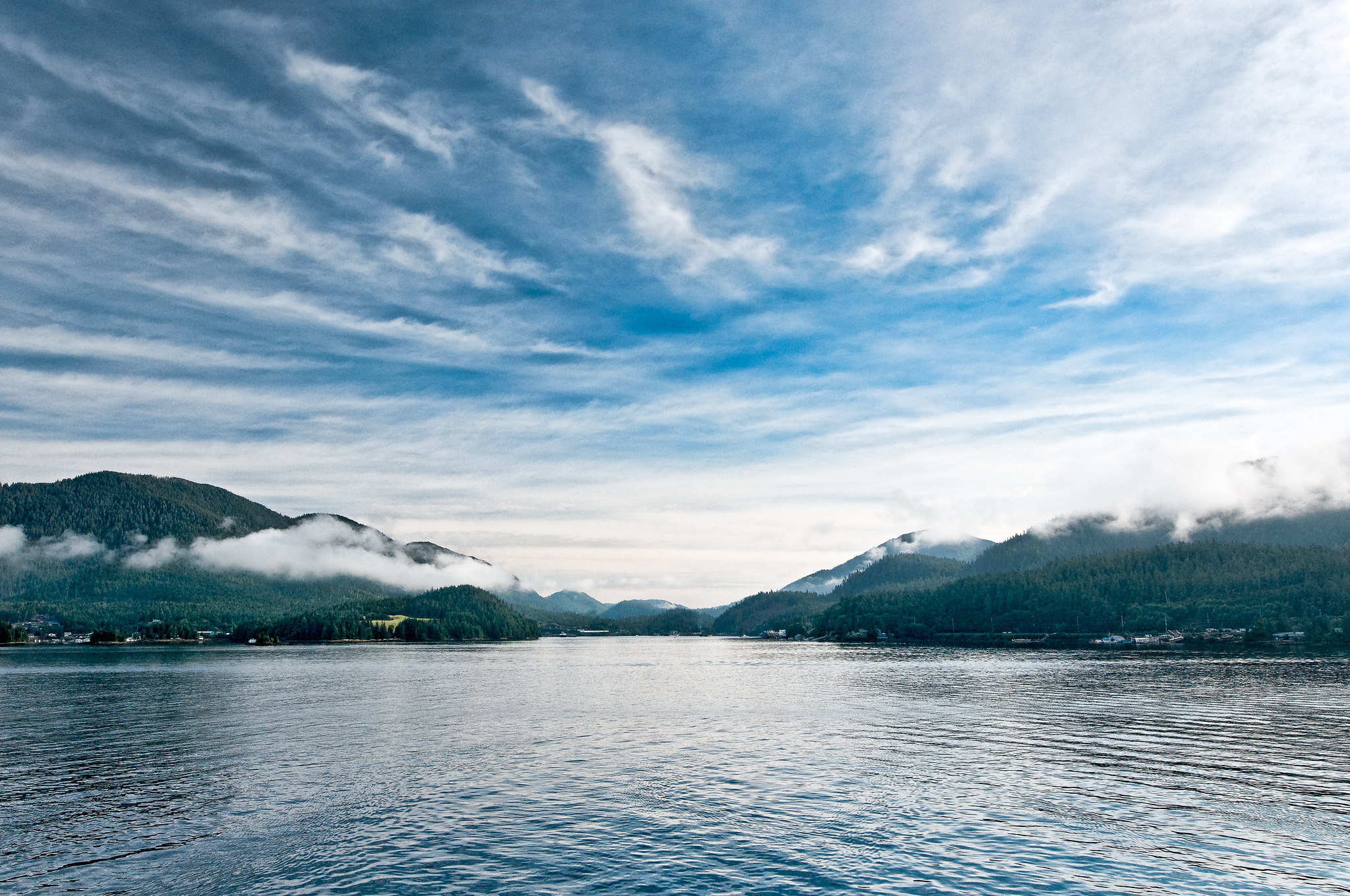Why we care
Alaskan Native communities rely on healthy marine ecosystems for work, sustenance and their way of life. Ocean acidification has documented impacts to marine life and these communities. An important step is assessing the vulnerability of Native Alaskan communities to ocean acidification impacts and developing adaptation strategies for future conditions.
NOAA Ocean Acidification supports workforce development through funding a fellow for this project with the 2023 Alaska Sea Grant State Fellowship Program. This project future prepares youth experience with ocean acidification monitoring.
What we will do
Spencer Weinstein works with partners at Alaska Sea Grant, the Ketchikan Indian Community, the Metlakatla Indian Community, and OceansAlaska to build tribal capacity for climate change adaptation. A primary objective of the fellowship is to monitor ocean acidification and evaluate vulnerability of subsistence resources to ocean acidification. Tribes will establish a partnership with OceansAlaska to monitor ocean acidification and sample water at key harvesting sites to identify potential future scenarios for ocean acidification and vulnerability of subsistence resources to low ocean acidification. This grant provides funding for staff support and youth interns for ocean acidification monitoring using the existing Burkolater at OceansAlaska. The University of Alaska, Fairbanks will support training and technical assistance, process samples and meet with communities to share results.
Benefits of our work
This work will increase ocean acidification monitoring capacity and assesses vulnerability of Alaskan Tribes to ocean acidification. These efforts help communities adapt to ocean acidification and its impacts. Additionally, it supports the career development of a fellow and youth in the region.
Image: Ketchikan, Alaska. Credit: Phil Price, Flickr Creative Commons





